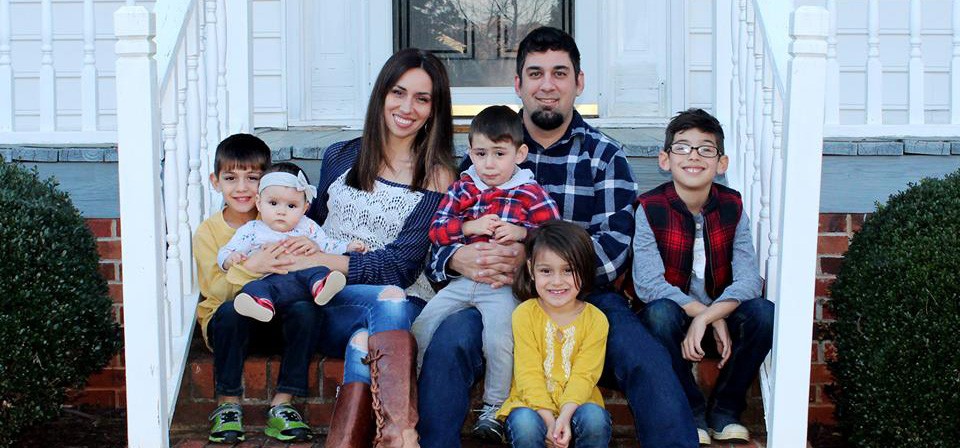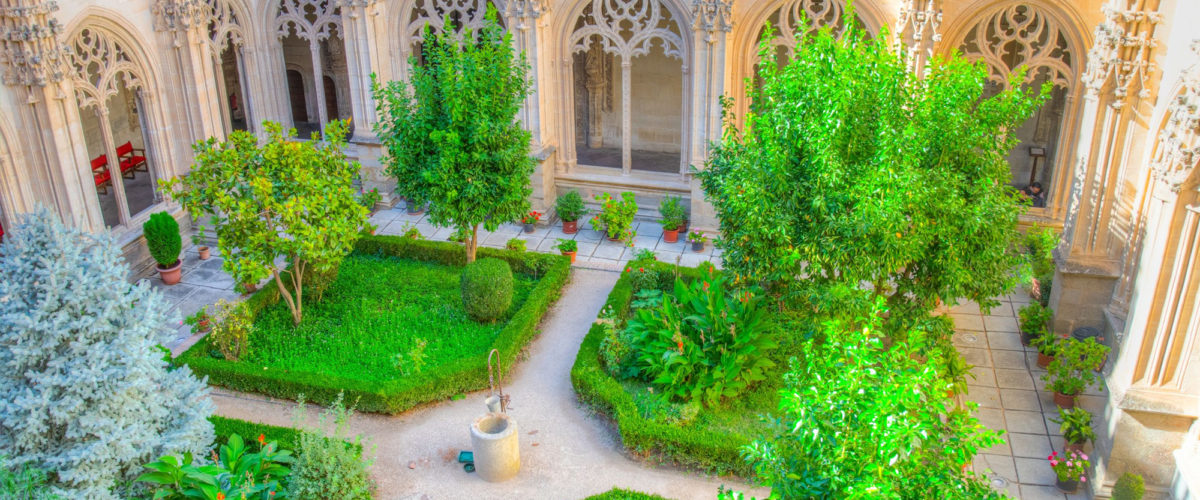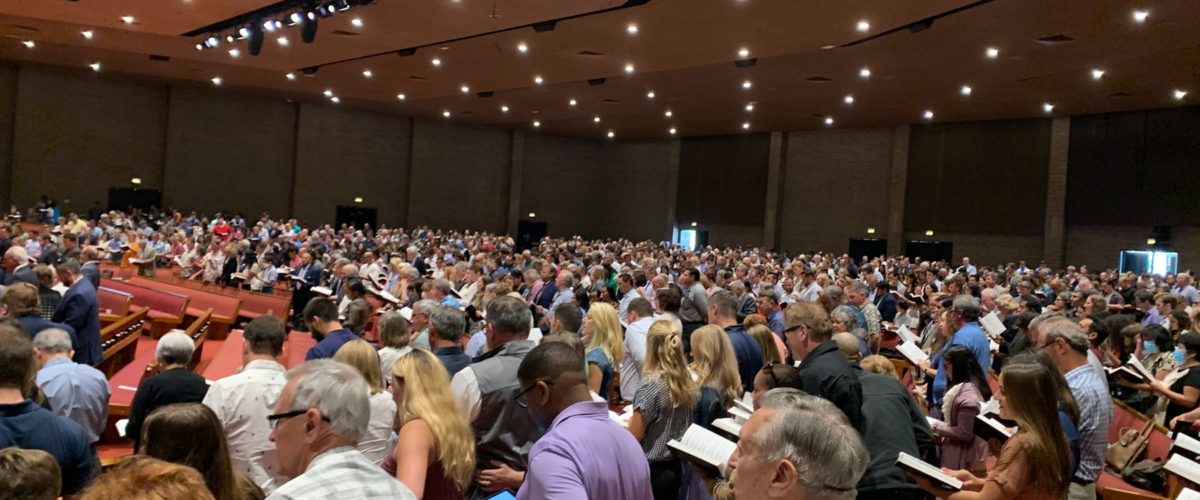Loving Our Lonely Exile
This article originally appeared on March 23, 2020 at Worship Overflow and reflects my desires at the time for churches entering into the Covid-19 pandemic.
One of my deepest wounds that I’ve carried in life has been the wound of identifying with lonely exile. Last year, as I was talking about my career and ministry with two men who have been very impactful servants of healing for me, one of them asked me what it is that I want. I immediately said, “home.”
As far back as I remember, I’ve felt as if I were walking down a cold, dark street on Christmas Eve, hearing the sounds of families and friends enjoying hot meals, rich wine, laughter and song. I’ve put myself out there, knocking on doors, helping people take out their trash, shoveling their snow, longing to be a part of what others are doing. I’ve had some really great conversations with people and have enjoyed some good laughs. But I’ve never really felt welcomed home. And after each conversation, following each opportunity, it would end up just being me and the stars.
While I no longer have the lyrics to any of the songs that I wrote in elementary school, the songs that I wrote from Junior High on through my mid thirties carry within them the wound of loneliness. During my teen years, my songs of loneliness often focused on begging my friends to love and serve God so they wouldn’t end up burning in hell forever. During my twenties to early thirties, my songs of loneliness expressed how I once felt alone but could be welcomed because God chose to look at Jesus instead of looking at me. But imagining God staring at Jesus, and only letting my evil, depraved self into the party because of Jesus, also left me feeling very alone. God wasn’t interested in really seeing me either. I was merely allowed in the room because God calmed down from his wrath toward me after punishing Jesus instead. If that’s the reason God wanted me in the room, I subconsciously felt, how could I really look God in the eyes, hold his hand, touch his face, and play?
Seeing my fellow Christians not only look God in the eyes, but sing and jump and dance in God’s presence, while awkwardly looking back at me to critique my lack of expression, only served to fuel my disconnect and feelings of lonely exile.
And then, my theology began to change.
The first clue I threw out on social media was my growing confusion over why women couldn’t preach. But eventually I began to open up about some of my other doubts and questions. With each 100 comment Facebook collision, I felt like I was drifting further away. Now I no longer simply felt like an outsider. I and the friends on whose doors I had been knocking knew theologically that I was an outsider. The question at that point began to seem less about if someone would fully welcome me in, or even if I wanted in anymore, but about how far outside I had drifted and would continue to drift.
Through astrophysics, we have come to learn about dwarf galaxies. These are smaller galaxies that orbit around the outside of large galaxies. In fact, there are dozens of these dwarf galaxies just outside of our milky way. They feel the draw of the main galaxy, but never feel fully embraced by it. Eventually, collisions begin to happen. And while the main large galaxy goes on mostly untouched, the dwarf galaxy begins to break apart. Parts of it get sucked into the main galaxy. Other parts become part of other dwarf galaxies. And many of their stars simply begin to drift further away, disconnected, and lost in the darkness of space.
Those who are part of the big galaxy communities don’t understand how those drifting stars feel. Your church will go on. Your songs will be sung. Your sermons will be preached. Babies will be born. People will be baptized. And ministries will grow.
Until one day, a pandemic comes along.
Suddenly, it’s as if there is some weird multi-verse happening where the large galaxy communities have gone through a temporary wormhole and are actually experiencing the loneliness of drifting stars from broken up dwarf galaxies. Of course, we all know it’s only a matter of time before the wormhole closes and it’s back to life as usual for the big galaxies. They’ll come out of it changed, for sure. Their worlds will go on with songs felt much deeper than they did before. And for that, I’m thankful. Their galaxies will experience a renewed realization of the color and life that they had forgotten was there all along.
But the drifting stars from the broken apart dwarf galaxies will still be drifting.
I’m not asking for Christians to abandon their large galaxies.
But as you feel the wound of lonely exile during this temporary wormhole you’ve entered, I’d love for you to become present with that wound so that when you return home, you can feel present with those of us who are drifting, who feel that exile week in and week out with no real path to being gently drawn into the galactic home that you enjoy.
This presence is painful. We long to see the light of someone else’s face. And we want to see their eyes light up when their eyes meet ours. And yet, this presence is beautiful. We’re experiencing a part of the universe, and giving ourselves to it in ways that we never knew were possible.
Remember how this feels, and learn to love your wounded self here. Then having learned to love your wounded self, you’ll have some glimpses into how you can love your wounded neighbors who will still feel exiled. It’s in seeing yourself that you can see the other. It’s in being present with your own loneliness that you can learn to be present with the loneliness of others. And in the communion of common loneliness, solitude and love can be born.
Perhaps in our common loving of our wounded selves, in our common solitude with our beautiful presence, we’ll create a wormhole for our future selves to connect with one another again, and get a taste of wonder for the reconciling of all things.










Leave a Reply
Want to join the discussion?Feel free to contribute!